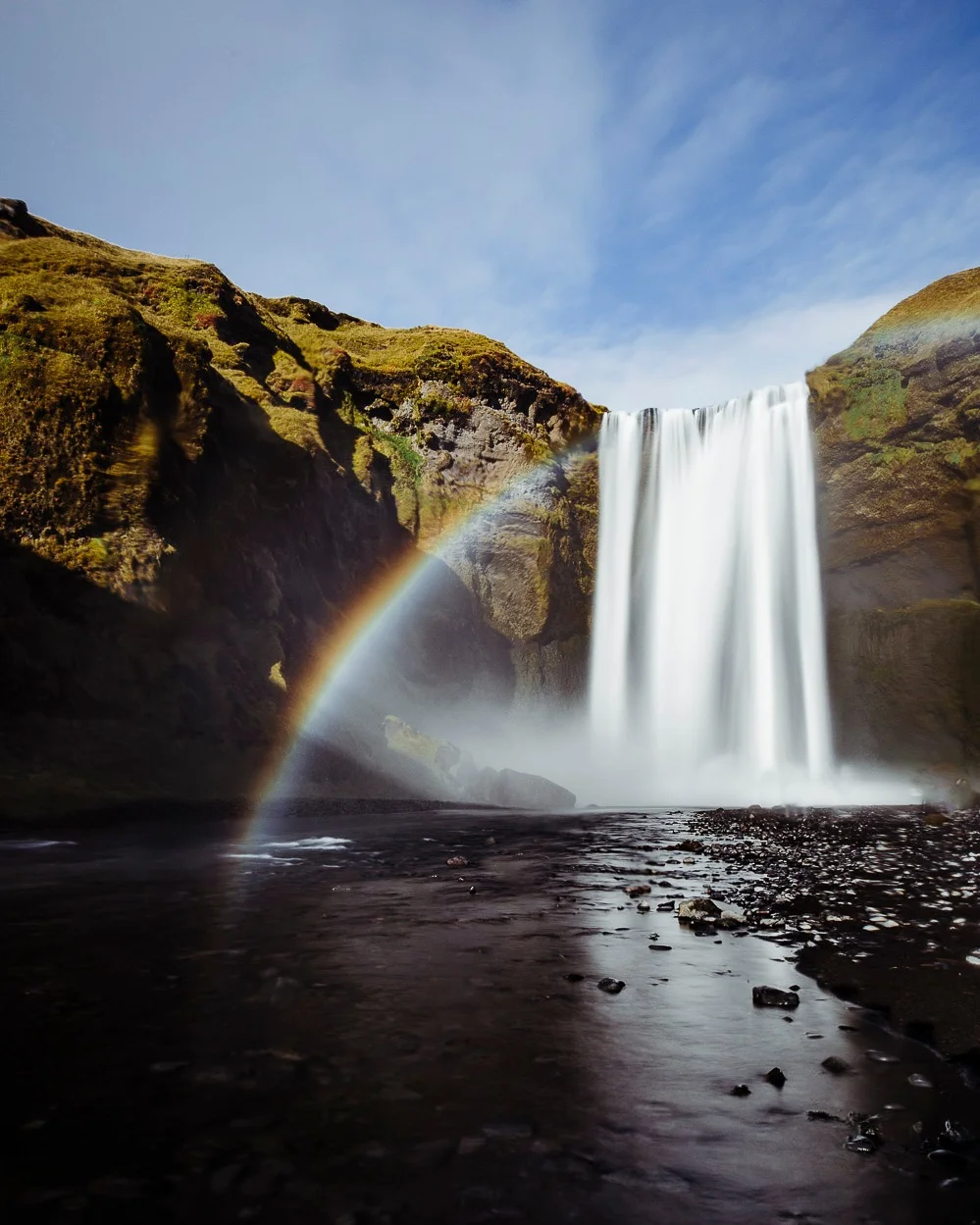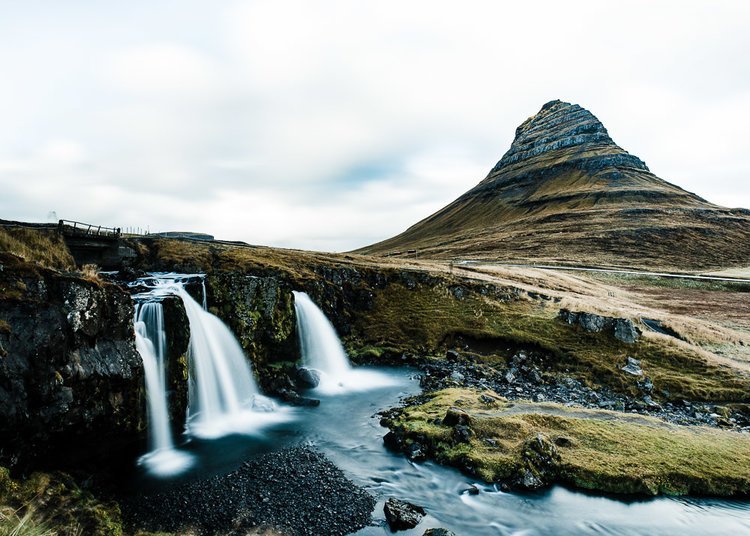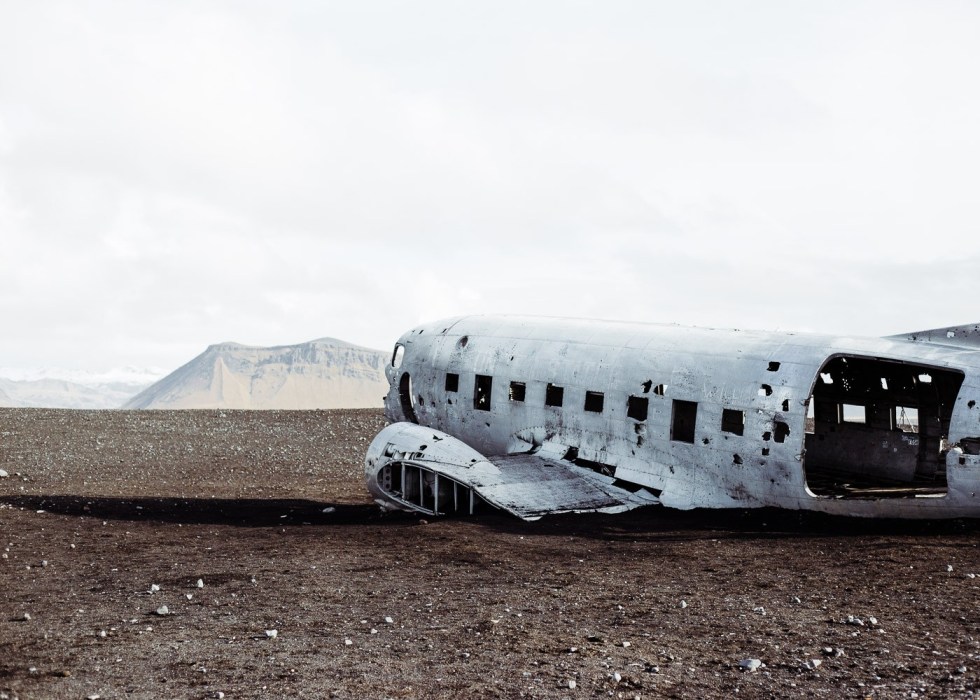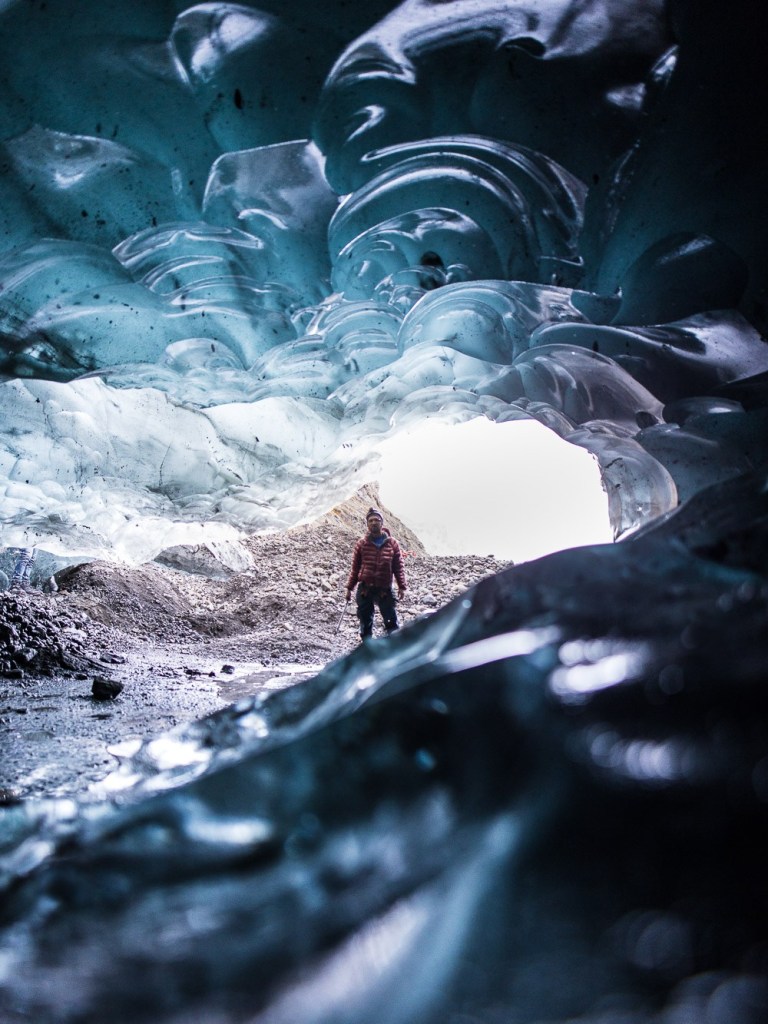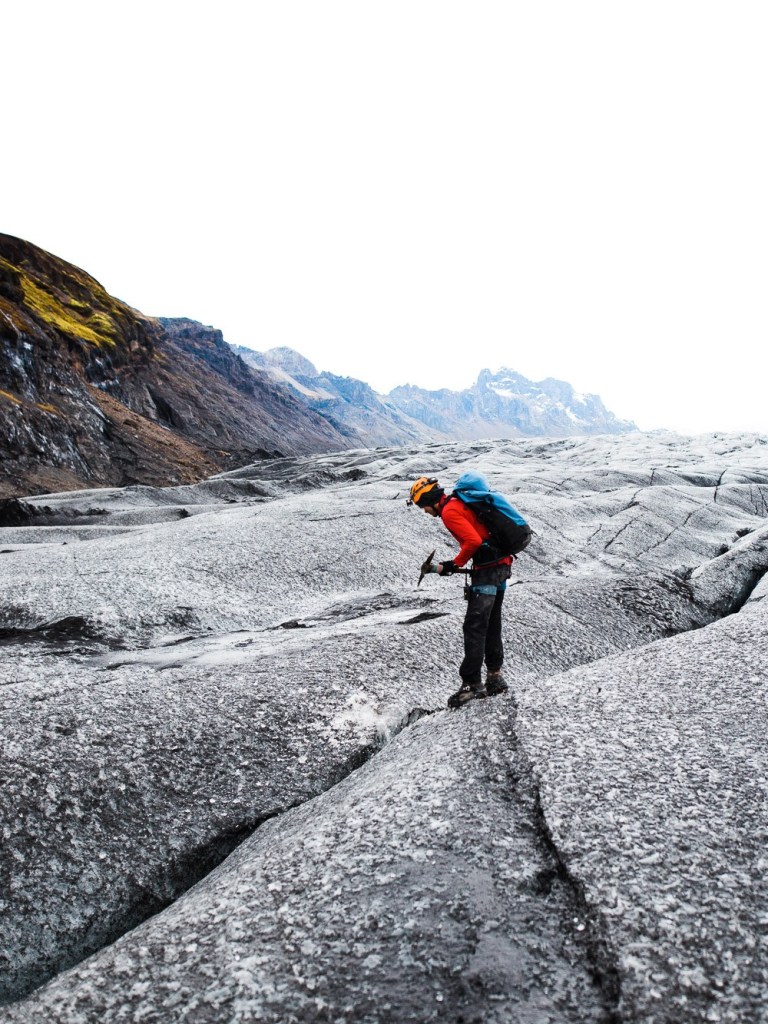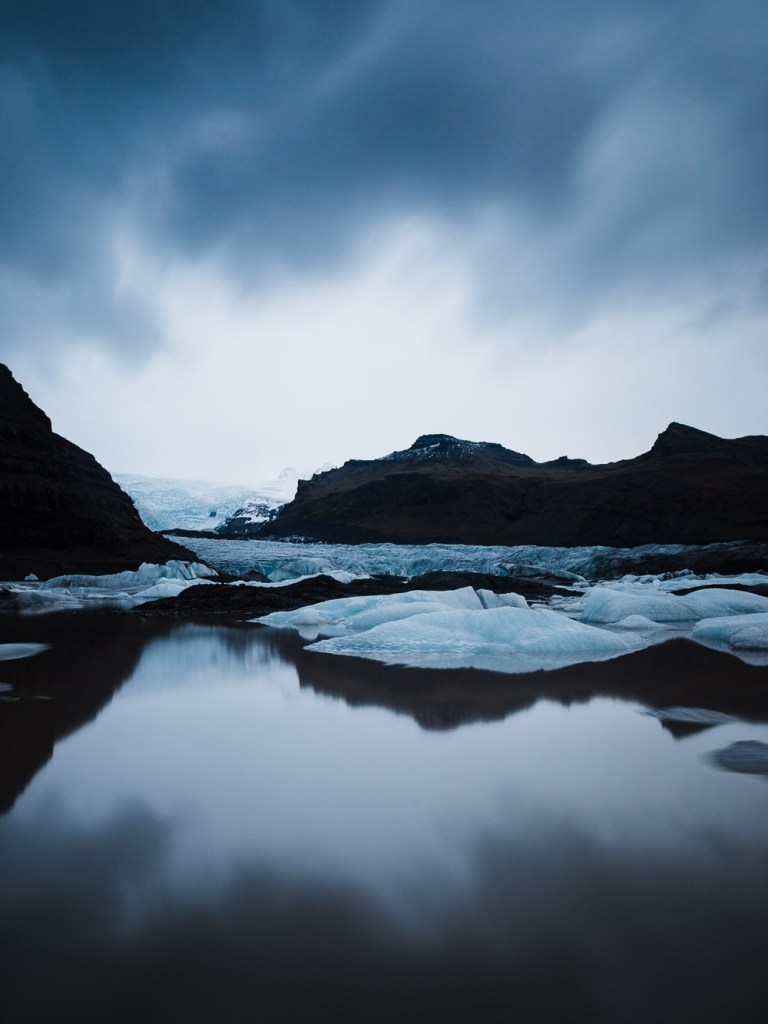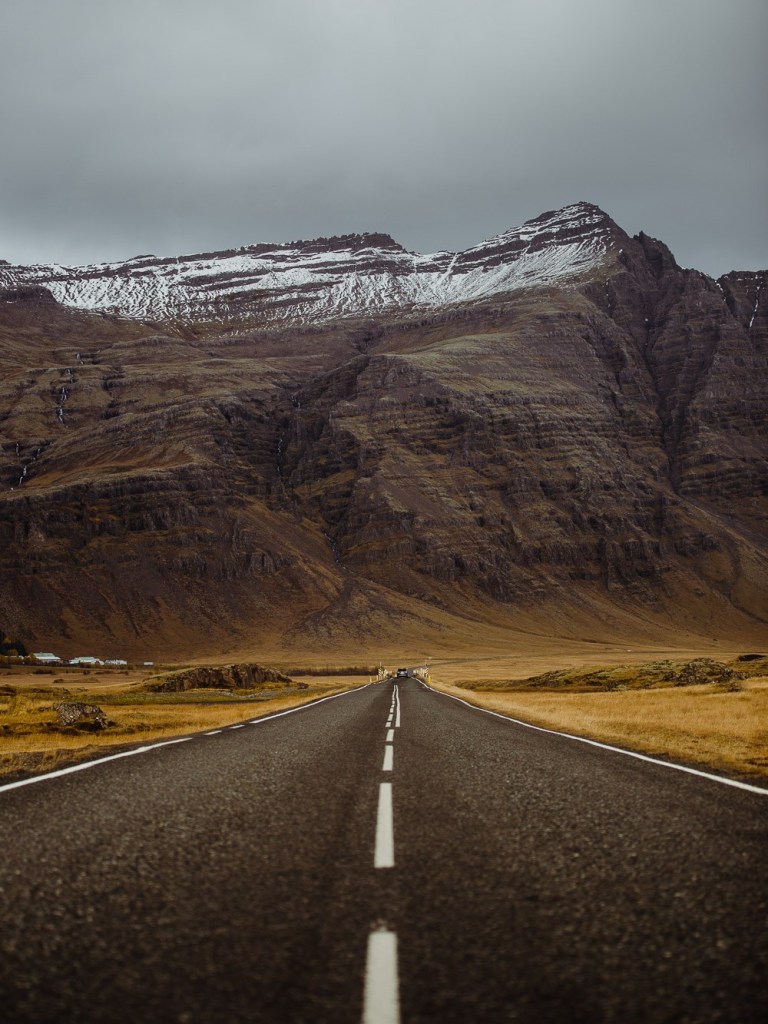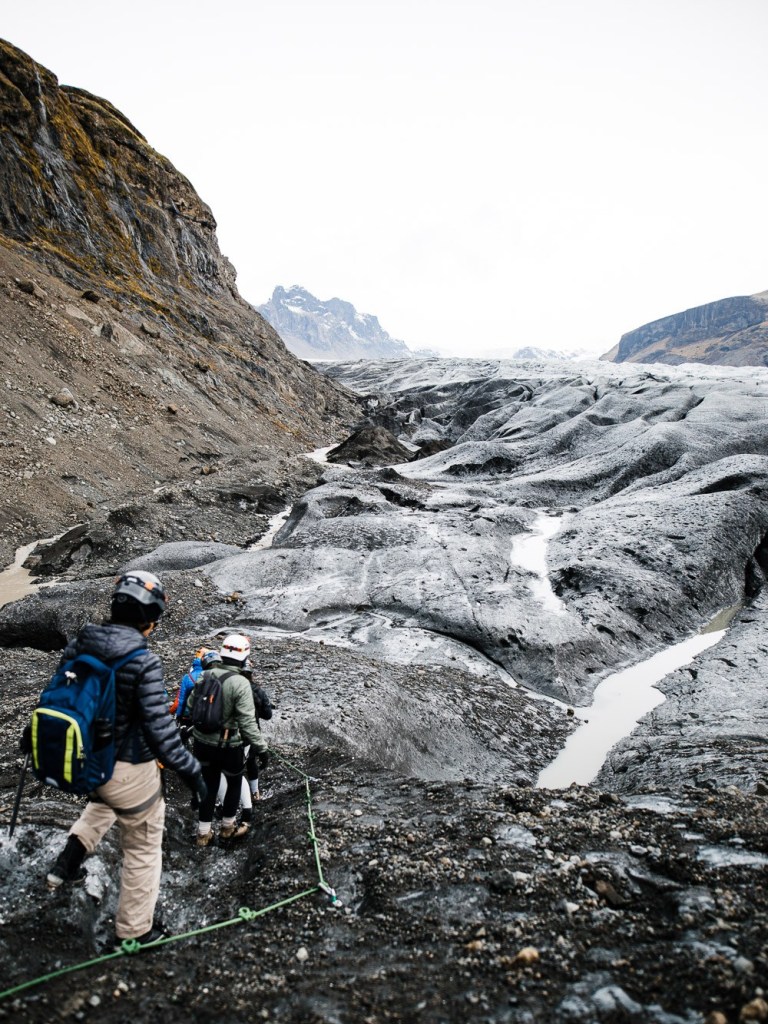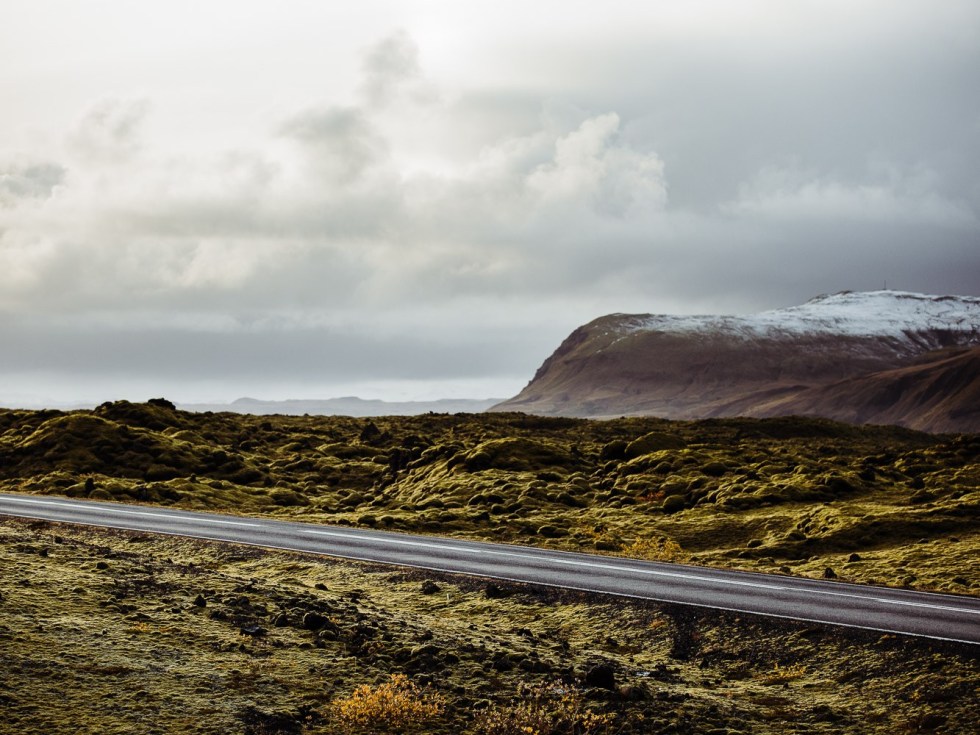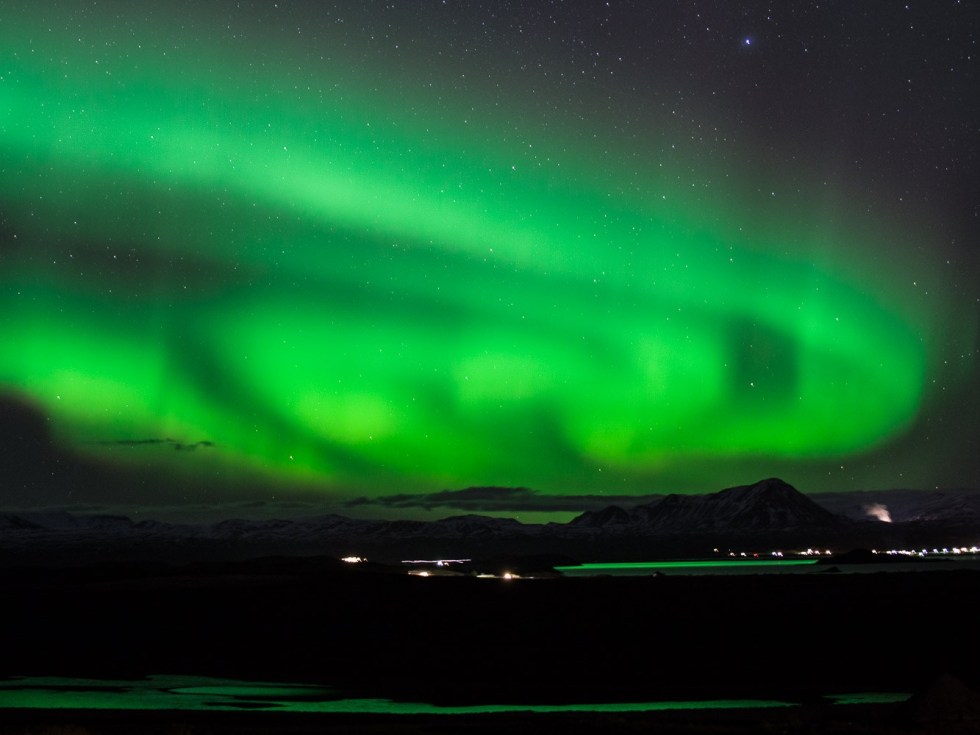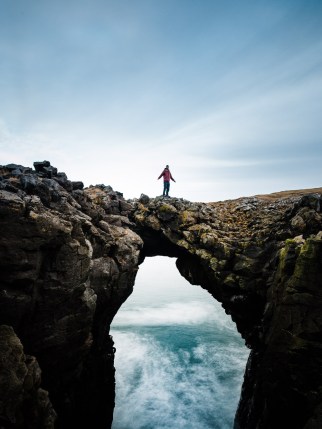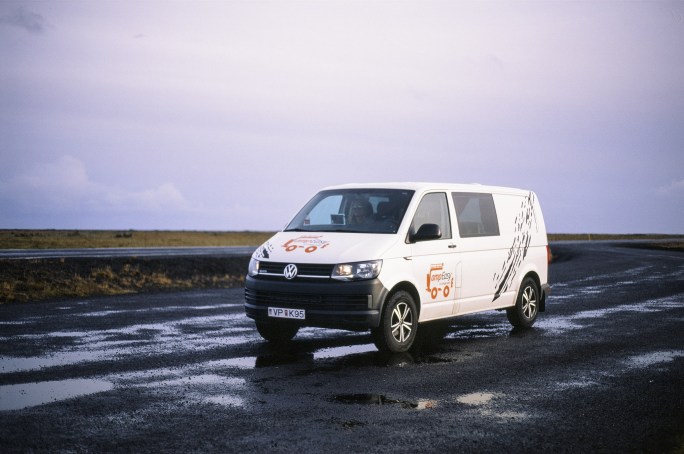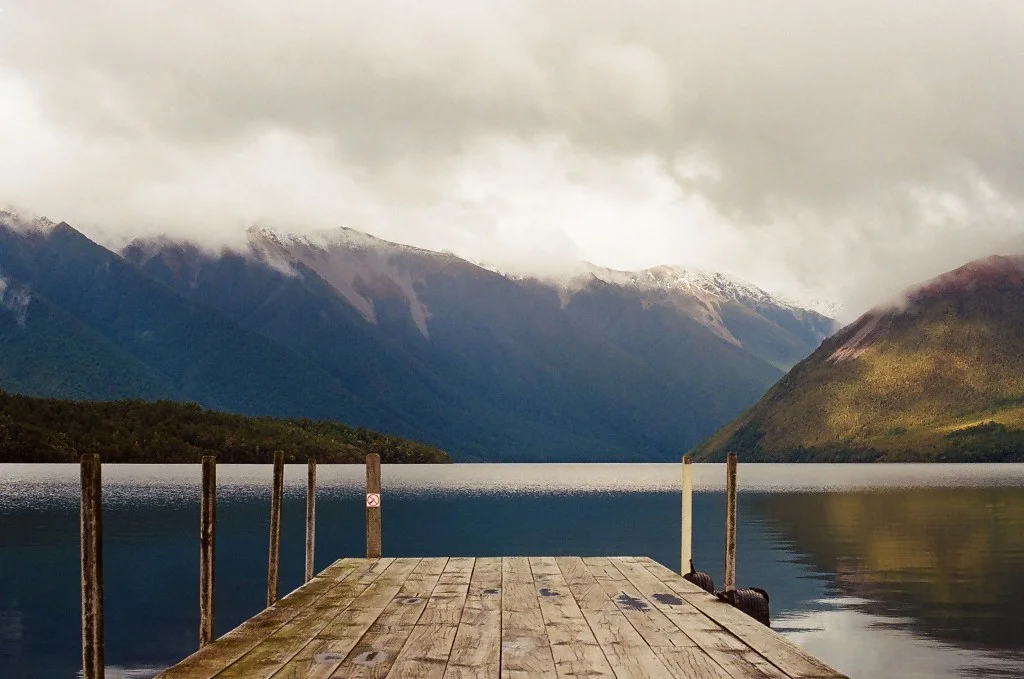Road Trip Photography - The Iceland Experience
Why Iceland?
Anybody with an Instagram account has probably spent the last several years bombarded with photographs of Iceland. It’s been unavoidable for quite some time now. We’ve all seen so many photos of Iceland it starts to feel like you’ve already been. Whether it's to capture the northern lights or long exposures of waterfalls, it seems like heaven for landscape photography. And at the end of the day, tickets to Iceland via Icelandair are fairly cheap and it’s a reasonably short flight from Washington, DC to Reykjavik - so why not try it out?
Kirkjufell
Where to shoot?
Over time I’d developed a list in my head of exactly where I wanted to shoot - Diamond Beach, Godafoss, Kirkjufell , etc. If you don’t recognize the names, you’d most likely recognize the images. Most everything I had planned on shooting was not far off the main ring road, Route 1.
As for what to shoot with, I had my Canon 6D along with Sigma 20mm 1.4 ART, Canon 70-200mm 2.8 IS II USM and a Canon 50mm 1.8 lenses. For 35mm film I used my Canon Elan 7 and shot rolls of Kodak Portra 400, Kodak Ektar 100 & Fuji Velvia 50.
The route would be as follows:
Reykjavík -> Vik -> Skaftafell -> Höfn -> Stöðvarfjörður -> Mývatn -> Borgarnes -> Reykjavík
The Ring Road
With a camper van rented for 10 days in Iceland, I headed out to begin a counterclockwise loop of the Ring Road. The plan was to head east along the south coast and photograph Seljalandsfoss & Skógafoss waterfalls and get to the campsite for the first night of the trip.
Skógafoss
From Reykjavik to Vik is roughly a 2.5 hour drive. The two waterfalls were essentially located alongside the Ring Road, so minimal time would be spent there. Seljalandsfoss was a short stop but by the time I reached Skógafoss it was pouring rain. And this was where I learned my first lesson about Iceland: if the weather is bad, wait 5 minutes. Like clockwork, the sun came out and it was suddenly a perfect day. Snapped some of the standard Iceland waterfall shots and was on my way towards the Vik campground.
Just before arriving in Vik is the extremely photographed Reynisfjara Black Sand Beach. Ideally I’d have some photographs from there - but I somehow forgot to go there. The photo just below, was actually taken on the side of the road that actually leads directly to Reynisfjara Beach though something in my brain didn’t click and I never traveled any further down that road.
Fuji Velvia 50
Vik to Skaftafell (Vatnajökull National Park) is only an 1.5 hour drive. Not counting a quick bit of backtracking to get to the famous DC-3 plane wreck in the morning. The walk from the parking lot to the actual plane wreck is 45 minutes each way - despite the official signs saying 2 hours each way. When you get there, it’s a constant stream of people climbing on top of it to get their Instagram shot. Took one photograph of the plane then headed back to make the drive to Skaftafell.
Driving to Skafafell is where the itinerary fell apart. A 1.5 hour drive turned into a 6 hour drive… and then 1 night at Skaftafell turned into 3 nights at Skaftafell. And if money and time were no constraint, I’d probably still be there. Glaciers, ice caves, hiking, waterfalls & most importantly hot showers.
The first morning there, I decided to ignore the dreary weather and head up the S3 hiking trail for a beautiful panoramic view of the Skaftafellsjökull glacier tongue as meets the lowlands. Sadly this glacier is rapidly receding, and the photos from 60 and 20 years ago displayed in the visitor center emphasize that. I only went as far as the main overlook on this trail, as the weather conditions were rapidly deteriorating and visibility had become so poor going further seemed a waste.
The second day included a paid excursion to visit ice caves and do a glacier hike. I generally try and avoid excursions but this was well worth it - especially for someone who’d never worn crampons or used an ice axe.
Saying goodbye to Skaftafell and heading east to Höfn was another beautiful drive. Jökulsárlón Glacier Lagoon and Diamond Beach are along the drive - so again a short drive becomes a long drive.
Everywhere along the Icelandic coasts are warning about “sneaker waves.” Basically unexpected waves that can catch you off guard. It’s also an unpleasant way to find out just how cold the water is where the Norwegian Sea meets the Atlantic Ocean. Naturally, as I was taking photographs on Diamond Beach one of them got to me. That’s also the moment I knew for sure I wanted to stay in a hotel room for the evening in Höfn. There were a lot of wind warnings as well, but after being drenched in frigid water I just wanted to relax somewhere a bit warmer.
The Ring Road
Starting the next day in Höfn required a quick stop at the grocery store to stock back up on food and wine. But from here, the drive to Stokksnes (pictured below) was only a few minutes long.
Stokksnes
Along the drive to Stöðvarfjörður
Here I struggled against the wind to take long exposures. The mountain peaks only seemed to reveal themselves from behind the clouds for a few seconds at a time. Not to mention the intermittent rain drops on my lens and filters.
Stöðvarfjörður is where I got my first ever glimpse of Aurora borealis aka the northern lights. A tiny little fishing village where I had found an AirBnB for the evening. It had been overcast for much of the evening with sporadic rainfall. The Aurora Forecast was low so things were not looking good.
Just before heading to bed I decided to check the sky from the back porch and immediately saw the northern lights meandering across the sky. Just enough clouds had parted to give me a view. As I wasn’t expecting them, I ran to the camper van to grab my tripod, attached my 20mm lens and snapped as many shots as I could before the clouds and rain moved back in.
Between Stöðvarfjörður and Mývatn lake
Somewhere near Mývatn lake, is where I stayed the next night. It's also along the way here that I stopped at the Mývatn Nature Baths. I never actually made it to the famous Blue Lagoon outside Reykjavik so I can't offer a comparison between the two, but this one was well worth the visit. Geothermal spa's are not something I would have imagined myself enjoying - but I would 100% do this again.
After some geysers and the nature baths it was a short drive to the destination for the evening and snapped some photos as the sun went down.
Fuji Velvia 50
This was about a 30 minute drive from Godafoss and had wide open clear skies that seemed to have strong potential for a second night in a row of watching the northern lights. And at no later than 8PM they had arrived.
Aurora Borealis
The next morning I made the short drive to Goðafoss and took some long exposures. It was rainy and slippery but still did my best. This whole trip it was a struggle keeping rain drops off of my lens and filters. My main photography recommendation for Iceland; invest in a light, but stable tripod. The weather changes on a dime and winds tend to whip up at any given time
Goðafoss
After leaving Goðafoss it was still a 4 hour drive to Borgarnes. I had determined that this day I was gonna focus on driving and try and arrive a bit earlier. That really didn’t happen as I stopped seemingly everywhere and turned it quite quickly into another 8 hour drive.
Kodak Ektar 100
Arnarstapi
I stayed in Borgarnes for two nights and used it as a base camp to explore the amazing Snæfellsjökull peninsula on the second day.
This is where the often photographed Kirkjufell is located along with the Búðir Black Church & Arnarstapi.
There’s some distance in between them all but it makes for a beautiful day of driving. The day I was there was cold and chilly - and honestly at this point I was a bit tired - but this was the last fully day driving in Iceland.
In the morning I’d head an hour and a half south to Reykjavik and sadly return the van.
Búðir Black Church
Camp Easy / Fuji Velvia 50
And after driving 1,774 kilometers in 10 days - I was ready to do it all over again. The trip wasn’t completely over as there were still 2 days to wander around and explore Reykjavik but the excitement of being on the road with something new and beautiful around every corner was over with for now. Like any great place, Iceland does a good job of reminding you that you have to experience it for yourself to truly appreciate it.
So even having completed a trip around The Ring Road - there’s still the network of rugged F Roads that crisscross the interior of the country. But that’s for another trip back - hopefully sooner than later.
